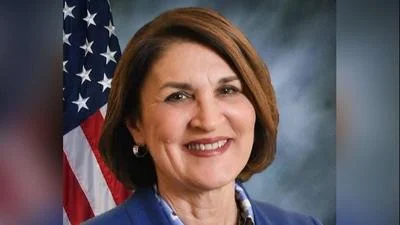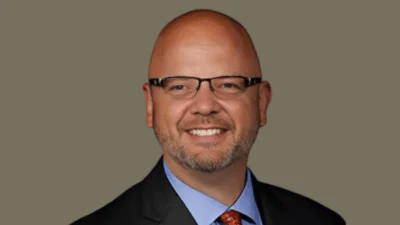Contributed photo
Contributed photo
Illinois taxpayers cannot afford "ghost pensioners" a Chicago attorney said.
"Ghost pension payrollers" (GPPs) are Illinois state workers who receive pay through a pension plan, in addition to benefits, at a rate that far exceeds what he or she actually put into the plan.
"Please remember our state government debt is over $200 billion, yes billion," Eugene Keefe of Keefe, Campbell, Biery & Associates in Chicago said in an article published on the firm's website. "Our state’s unpaid or late-paid bills are nearing $10 billion. I hate being in a state where we laugh at outside vendors who diligently work for taxpayers and then state government laughs at them and is forcing some suppliers into bankruptcy waiting to get paid. One major reason for the unpaid bills are all the GPPs."
"In our view, becoming a GPP is the equivalent of winning the lottery because the Ghost Pension Payroller puts in so little to then get millions in return later in life," the article said. "Please note we aren’t blaming the GPPs in our state, as they didn’t create this mess, but we don’t see lots of them calling for changes to end this welfare-like largesse at a staggeringly high cost to taxpayers. Either way, the less state workers we have now, the fewer GPPs we will have in the future."
All state employees can enjoy that taxpayer-fed benevolence, Keefe said.
"They all get unfunded state pensions that aren’t truly pensions," Keefe said. "What I don’t think most folks understand is this 'hidden' aspect of GPPs ... on Illinois state government. There are about 50,000 current state employees. To my understanding, there are about 250,000 folks on Illinois state fake government pensions. All employers have more retirees than active workers. Only Illinois state government has literally hundreds of thousands of Ghost Pension Payrollers who get paid, but don’t do any current work for their pay."
Keefe said his article has received quite a lot of attention since it was published Aug. 22, especially for comments he made about removing staff from the state's four remote or satellite Illinois Workers' Compensation Commission offices.
"The article appears to have struck a chord with attorneys and readers on both sides of the [Illinois Workers' Compensation Commission] matrix who want the government staffers to remain in the offices, despite a changing landscape in which technology allows for the elimination of brick-and-mortar offices and people to perform tasks that can actually be done online," Keefe said in a more recently edited version of his article. "With respect to these staffers, we don’t consider those tasks to comprise full-time work. Their combined salaries are significant. That said, we are even more concerned about the staggeringly high future cost of GPP former state workers."
The article also cited examples of GPPs, including a married state legislator fully vested in four years of service and who contributes about $24,000 to the state's Legislative Retirement System.
"If they remain at base pay (and very few of them do so), their fake pensions start at $57,800 each year, so they go through their entire $24K contribution in about six months of retirement," Keefe's article said. "That means they are not actually getting 'pension' payments after about a year because they will have completely exhausted their contributions and the state’s matching contributions during their service. They become 'Ghost Pension Payrollers,' as they are back on your and my payroll, even though they are no longer working."
Another example to which Keefe referred is the Illinois Workers' Compensation Commission (IWCC).
"At least one source is now calling for Illinois business to have an 'opt-out' choice that would replace the current IWCC with another admittedly inconsistent and confusing approach to injured workers’ needs," Keefe said. "I feel one way to quell the attacks and allow the system to remain in place is to start looking at the IWCC and make tough calls on what is needed and what we can live without."
Keefe's article recommended several cost savings from the state Workers Compensation Commission.
"Well, it starts with reducing or eliminating staff where possible, especially with the emergence of online filing capability at the IWCC, which we understand is in the works," Keefe said. "We can also consider eliminating items like the IL WC Second Injury Fund and Rate Adjustment Fund and start to actually notice IL WC claims have dropped dramatically while administrative staffing and budgets keep going up. When e-filing starts, we hope even further cuts can be made as paper forms and libraries go on the cloud."





 Alerts Sign-up
Alerts Sign-up